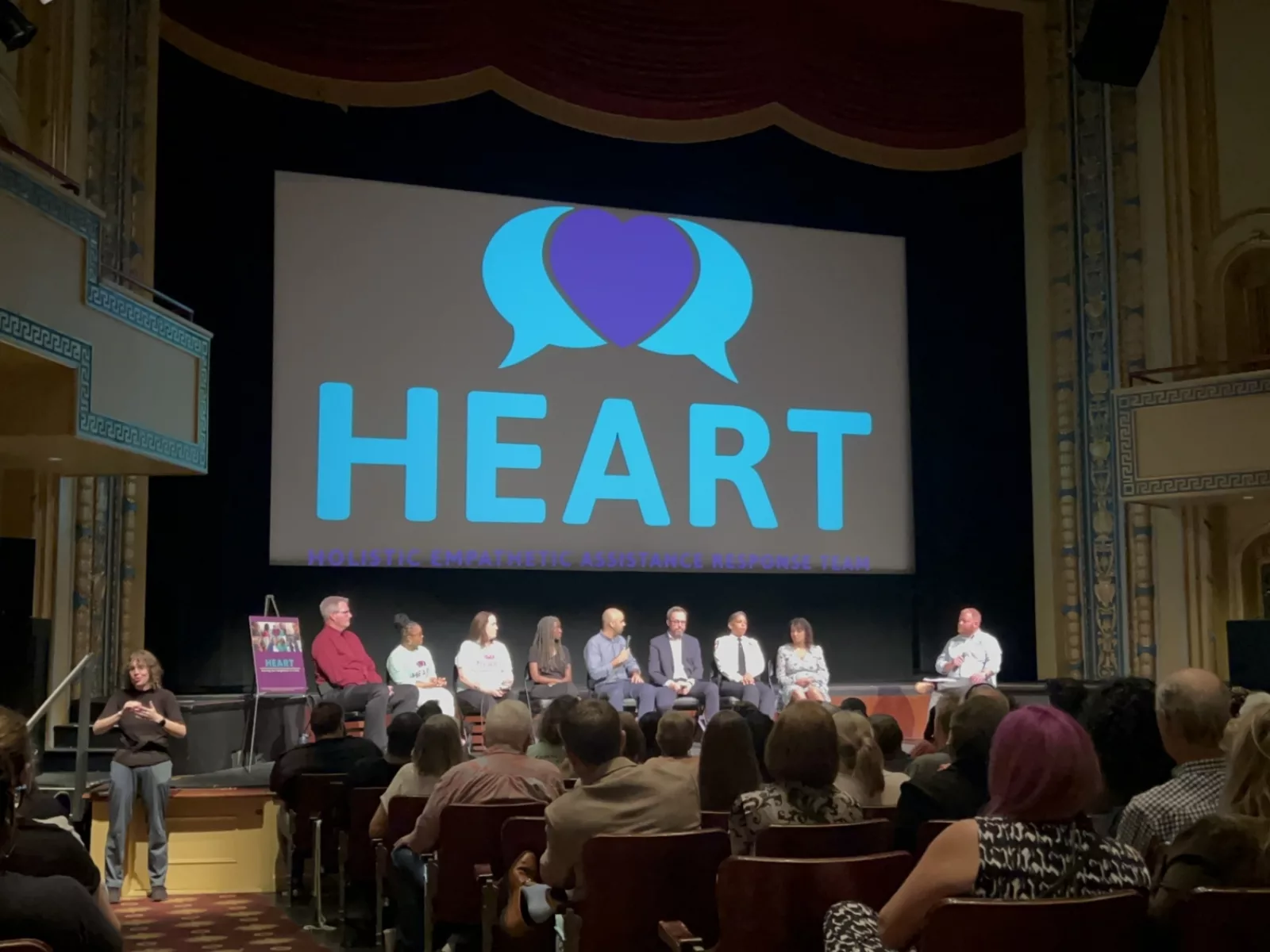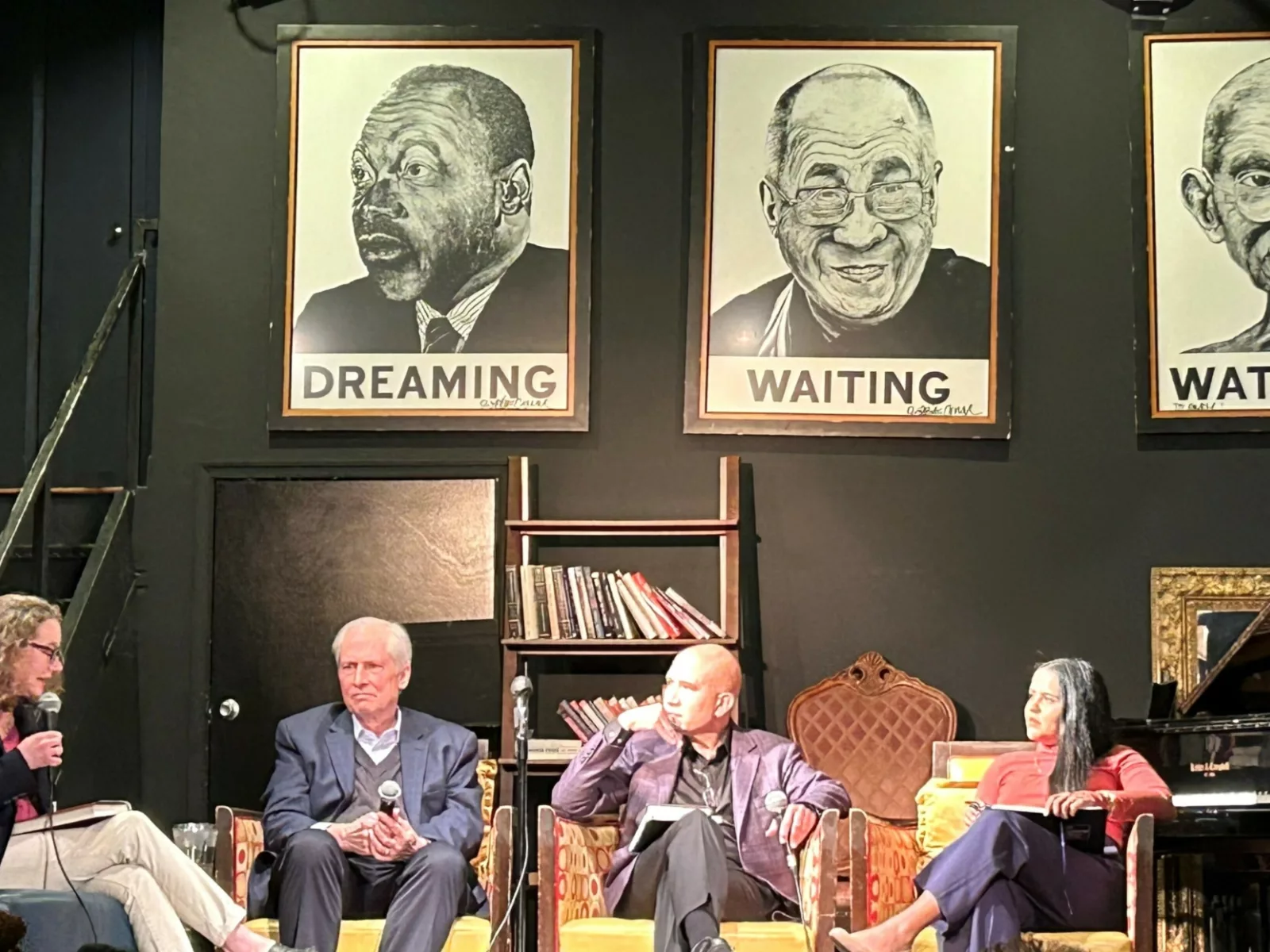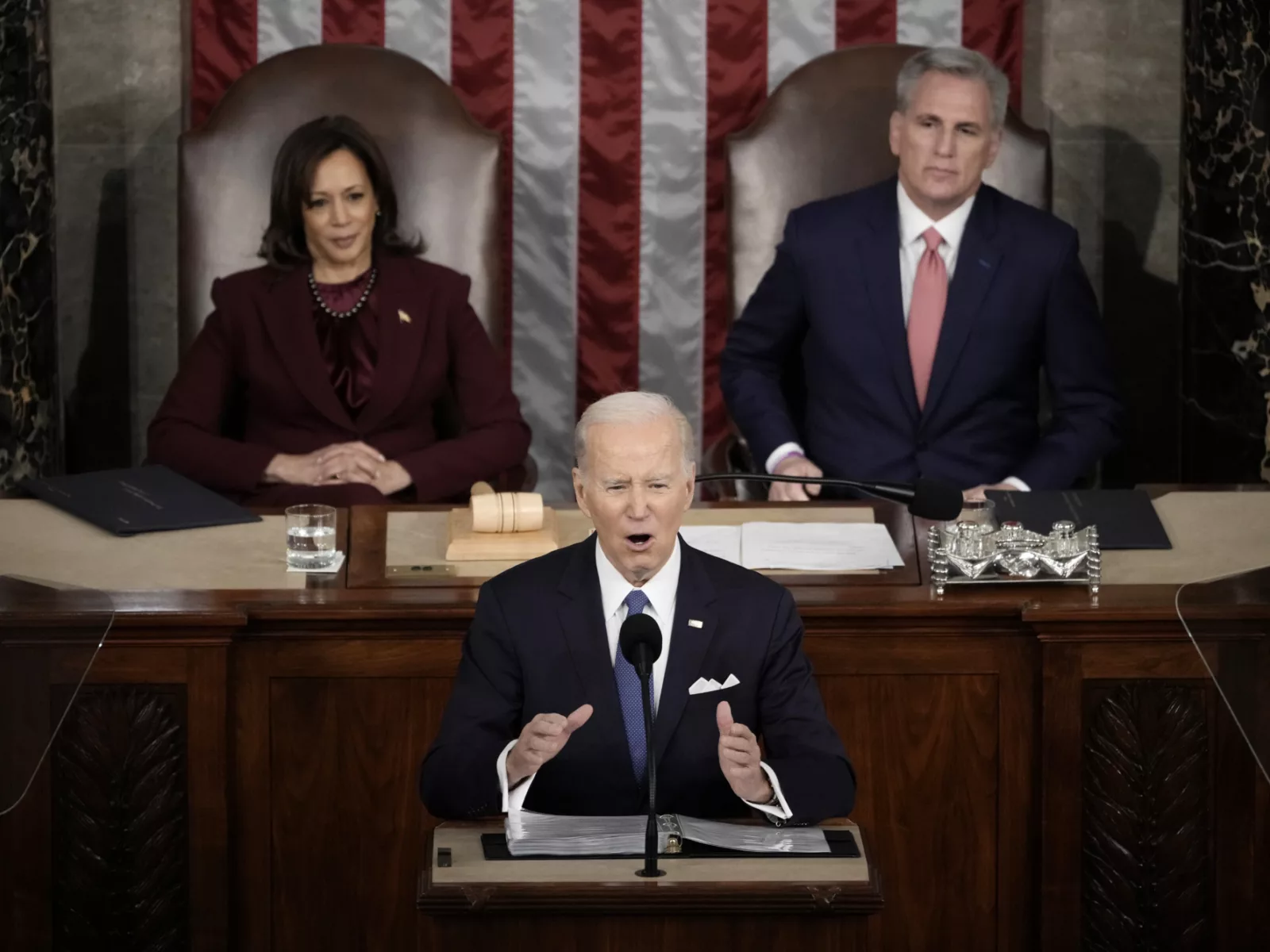Recently, the Social Science Research Council (SSRC), with support from Arnold Ventures (AV), launched the Criminal Justice Innovation (CJI) Fellowship program, which supports early-career researchers who are exploring what works to make communities safer and the criminal justice system fairer and more effective.
“These CJI fellows will spend the next three years investing in their own policy-relevant research, as well as conducting policy analyses for AV that will directly inform our work,” Jennifer Doleac, executive vice president of criminal justice at AV, says. “We are eager to know if particular policies and programs are working, and this group of researchers will figure that out. I’m thrilled to get to work with these brilliant, talented scholars.”
According to Anna Harvey, president of the SSRC, this new fellowship program will uniquely foster innovative and rigorous causal research on criminal justice policies. “By supporting ‘people, not projects,’ the CJI fellowships will give these exceptional young researchers the time and freedom to pursue novel and creative approaches to evaluating criminal justice policies and practices. We can’t wait to see what they produce,” she says.
In part one of a new series profiling the CJI fellows, AV spoke with Romaine Campbell, a Ph.D candidate in economics at Harvard University whose work addresses racial disparities in the criminal justice system.
Romaine Campbell: Police Behavior and Community Safety
A labor economist by training, Campbell will produce research as a fellow through the CJI fellowship program over the next two years before joining the faculty at Cornell University’s Brooks School of Public Policy. His research will focus on how federal scrutiny impacts police behavior and community safety, as well as the effects of higher education in prison on the outcomes of people who are incarcerated, among other topics.
Campbell, who is originally from the Caribbean, says that he has seen how rigorous empirical research can help to explain the things that are important for his community. “A lot of my work looks at how we can improve law enforcement in the United States,” he says. “Policing serves an important role in ensuring the public safety of communities, but increasingly we’re aware of the social costs that can sometimes come with policing. My work examines policies that can help balance the important work that officers do with trying to mitigate the harms that come out of the excesses of policing.”
percentage police stops were reduced in Seattle during 2023
In 2023, Campbell published a working paper on the results of federal oversight of policing in Seattle. Using administrative data from the Seattle Police Department, the paper found that federal oversight resulted in a 26% reduction in police stops in the city — mostly by reducing stop-and-frisk style stops. Importantly, that reduction had no impact on the rates of serious crime or other community safety measures.
As part of the new fellowship, Campbell expects to expand his work on the impacts of police oversight. By working with other police departments across the country, he will explore how officers respond to federal investigations, how it affects their behavior, and what types of policing are actually effective for crime reduction. Some policymakers, Campbell notes, have expressed concerns that adding oversight to police departments causes them to pull back from policing, which can damage community safety. As such, policies are needed that reduce the harms of policing while also allowing officers to address serious crime and build trust with the communities they serve. “As our society considers the best ways to improve policing,” he says, “it’s going to be important to document the types of policies that can achieve this without having deleterious effects for communities.”
Additionally, working in partnership with the Philadelphia District Attorney’s Office, Campbell and colleagues intend to explore the impact of Brady Lists — public-facing records of information about police misconduct, decertification, use-of-force reports, and other metrics — to understand how prosecutors use such information in charging decisions in their cases.
Separately, Campbell and colleagues plan to launch a project to understand how the provision of higher education in prison affects short- and long-term outcomes of people who are incarcerated, especially their social and economic mobility. He will focus on Iowa, where agreements with the state’s department of corrections, department of education, and workforce development agency will provide him with the necessary data.
Campbell says that rigorous research is important for decision-making about public policy in the criminal justice system. “When you operate in public policy spaces, you really want to build out evidence-based policy,” he explains. “We can all have our feelings and intuitions about what will happen when a policy goes into effect, but the gold standard should be to implement policies that are supported by data.”





















